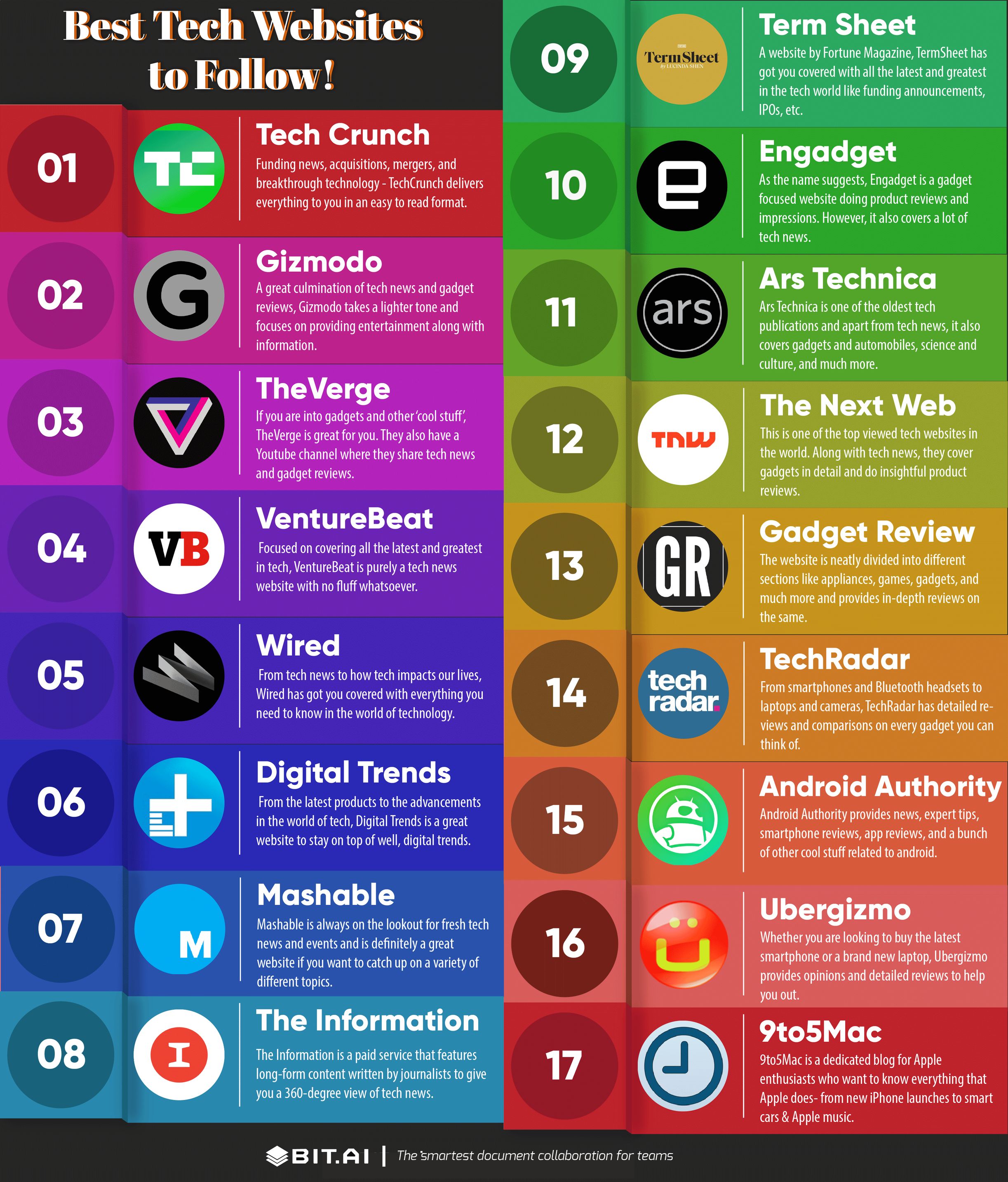Discover Thought-Provoking Articles on the Best tech blog for Tech Lovers
Discover Thought-Provoking Articles on the Best tech blog for Tech Lovers
Blog Article
Just How Blockchain Technology Is Revolutionizing Information Safety
Blockchain innovation is fundamentally modifying the landscape of information security by presenting a decentralized framework that promises enhanced transparency and strength. Unlike traditional systems, which count on central information repositories, blockchain distributes data across a network, lessening vulnerabilities and single factors of failure. The use of sophisticated cryptographic techniques makes sure that data remains tamper-proof, cultivating trust fund among customers and stakeholders.
The Fundamentals of Blockchain
Blockchain technology, a revolutionary principle in digital data management, basically transforms exactly how info is saved and safeguarded. At its core, a blockchain is a dispersed journal that tape-records purchases across a network of computer systems, guaranteeing transparency and immutability. The technology operates on a chain of blocks, each having a listing of deals. When a block is filled, it is time-stamped and linked to the previous block, creating a chronological chain.
Key to recognizing blockchain is the hashing procedure, which encrypts purchase information into a distinct alphanumeric code. This cryptographic function makes sure that any alteration in the deal information leads to an entirely different hash, thereby safeguarding versus meddling. The consensus mechanism, an additional essential part, validates and verifies brand-new purchases via a network of nodes, thus eliminating the need for a central authority.
Furthermore, blockchain's append-only framework ensures that information, as soon as added, can not be erased or altered. This characteristic warranties a verifiable and irreversible record of purchases, fostering trust fund among individuals. Because of this, blockchain provides a robust framework for data honesty, offering sectors a trustworthy technique for tracking and handling digital details in a protected, transparent fashion.
Decentralization and Protection
Decentralization, a core concept of blockchain innovation, significantly boosts information security by distributing control throughout a network instead than relying on a singular, central entity. By spreading information across countless nodes, blockchain makes sure that also if one node is jeopardized, the entire network remains safe.

In addition, decentralization encourages users with better control over their data. Each participant in the network has access to the whole blockchain, enabling them to confirm and investigate transactions individually. This openness cultivates depend on among users, as they do not have to depend on a central authority to ensure information stability. Overall, decentralization contributes in enhancing data security in blockchain networks.

Cryptographic Techniques
At the heart of blockchain technology, cryptographic methods play a crucial role in securing information, ensuring both confidentiality and stability. These strategies are fundamental to the blockchain's capacity to securely tape-record purchases in a decentralized manner. Cryptography in blockchain uses a combination of uneven and symmetric formulas to secure information, making it obtainable just to authorized events - Best tech blog. Public and exclusive vital sets are central to this process, enabling for safe verification and identification verification without revealing sensitive details.
Hash functions are another critical component, changing input data into a fixed-size string of characters, successfully producing an unique electronic finger print for each block. This ensures that any effort to alter the information will lead to a totally various hash, therefore maintaining the immutability of the blockchain. Electronic signatures confirm the authenticity and integrity of transactions, offering a layer of non-repudiation.
The decentralized nature of blockchain, combined with durable cryptographic methods, removes the requirement for middlemans, minimizing prospective susceptabilities. As blockchain technology advances, improvements in cryptography such as zero-knowledge evidence and homomorphic file encryption remain to improve safety and security procedures, further strengthening data security in this revolutionary digital journal system.
Usage Situations Throughout Industries

In the health care sector, blockchain guarantees the protected storage and sharing of client documents, advertising interoperability while securing sensitive data from unapproved gain access to. This innovation equips clients with control over their medical background and assists in smooth sychronisation among health care carriers.
Supply chain administration benefits substantially from blockchain's immutable ledger, which makes sure traceability and authenticity of items from beginning to consumer. By boosting transparency, blockchain aids minimize issues such as counterfeiting and unethical sourcing.
Furthermore, blockchain's decentralized nature click to read is reshaping the power field by allowing peer-to-peer energy trading, where customers can acquire and sell excess renewable resource straight. This cultivates a more lasting and reliable energy ecological community.
In the world of copyright, blockchain provides a tamper-proof platform for creators to sign up and protect their works, ensuring rightful acknowledgment and fair compensation. These varied use instances highlight blockchain's function as a critical pressure in redefining information safety throughout industries.
Future of Information Protection
As we look to the future of data defense, blockchain technology is poised to play an essential duty in safeguarding digital information. With its decentralized and immutable qualities, blockchain provides a durable structure for safeguarding sensitive data against unapproved access and cyber threats. This innovation guarantees that once data is videotaped, it is almost impossible to alter without detection, hence supplying a considerable benefit over typical data storage methods.
The assimilation of blockchain with various other advanced modern technologies, such as expert system and the Net of Things (IoT), is anticipated to boost data defense techniques even more. By leveraging clever agreements, companies can enforce and automate safety methods, lowering human mistake and raising efficiency. Furthermore, blockchain's capability to provide transparent and traceable deals will bolster depend on and liability Clicking Here in data monitoring practices.
As governing landscapes progress, blockchain's compliance-friendly nature will certainly become significantly appropriate. It can aid organizations meet rigorous information defense policies, such as the General Data Security Regulation (GDPR) and the California Consumer Personal Privacy Act (CCPA), by More Bonuses providing proven records of data processing activities. Ultimately, blockchain's one-of-a-kind characteristics placement it as a transformative tool in the recurring quest to secure the digital globe versus ever-evolving cyber risks.
Conclusion
Blockchain innovation represents a standard change in data security by leveraging decentralization and cryptographic techniques to improve openness, trust, and information stability. As cyber hazards develop, blockchain arises as an essential device for robust information defense across numerous markets.
Blockchain modern technology is fundamentally changing the landscape of information protection by introducing a decentralized framework that guarantees enhanced openness and resilience. Unlike conventional systems, which depend on central data databases, blockchain disperses data throughout a network, reducing vulnerabilities and single points of failure.Decentralization, a core concept of blockchain innovation, significantly enhances data security by dispersing control throughout a network instead than counting on a single, central entity.At the heart of blockchain modern technology, cryptographic strategies play a pivotal role in securing data, guaranteeing both privacy and stability.Blockchain modern technology stands for a paradigm shift in information safety and security by leveraging decentralization and cryptographic strategies to boost openness, trust fund, and data honesty.
Report this page